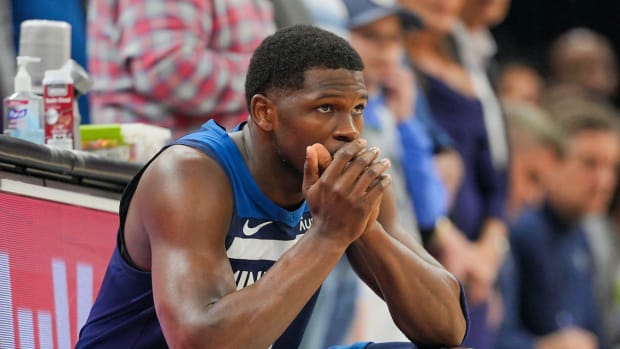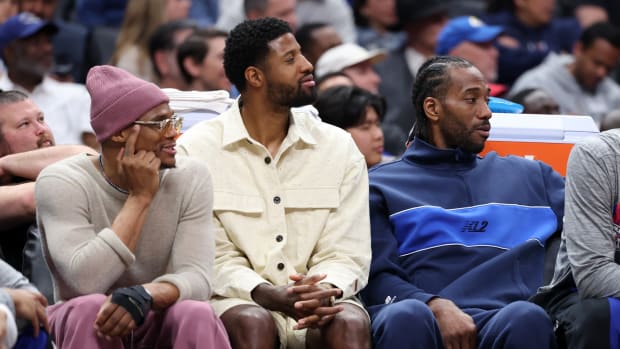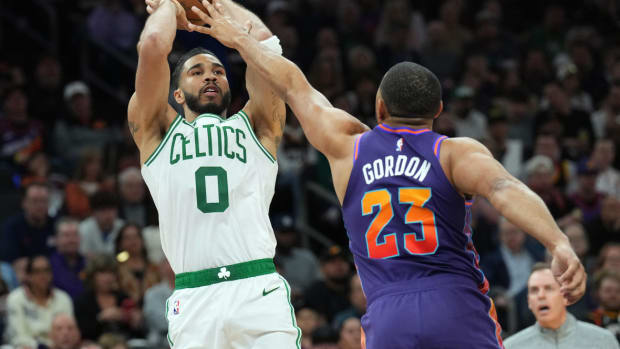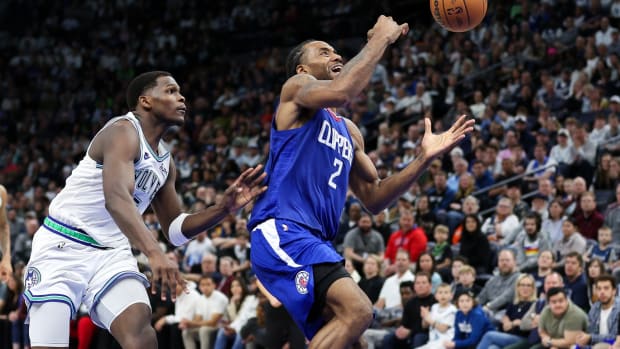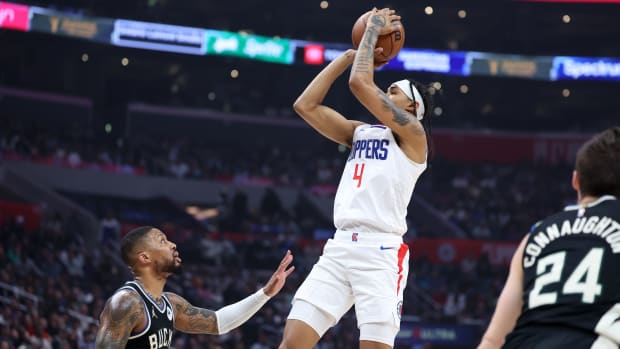Paul George on depression in the bubble: 'We're all dealing with it'
While the NBA bubble is allowing players to safely play the game of basketball, it's also creating a situation where some players are becoming depressed.
On August 25, Paul George revealed he was dealing with depression and anxiety in Orlando. Prior to that point, no one would have suspected George was dealing with those issues. George's revelation allowed other NBA players to disclose similar issues - Danny Green, and Jaylen Brown specifically mentioned what they've seen.
“The bubble is as good as your play," Danny Green said. "If you’re not playing well, walls are gonna close in on you. Trust me, I know exactly what PG is going through. You have nothing but to look at your phone & social media all day & all they're doing is bullying you.”
Green's support further reaffirms to George that the NBA is a brotherhood. He's had players privately approach him about their own problems, and it lets George know that he's not alone. It's something that every NBA player is dealing with in some facet.
"I mean, we're all dealing with it," George said. "You know, whether I was the first to say it or not, we're all dealing with it. I've had conversations with guys here, and there's been a couple guys that is like, man, I'm happy I'm not the only one. I've been dealing with this, too. It's a thing in here. It's a brotherhood. Danny has got my back, I got his. We support one another."
The situation is empowering not only for NBA players, but for anyone dealing with mental health issues in general. It allows human beings to know that it's okay to not be okay, especially in a time like this. Landry Shamet commended George for his courage, and knows it'll provide good in the world.
"Paul George doing that, saying that, then it shows the reality of regardless of who you are, we all have our things that we have to deal with and cope with and can visit those dark places sometimes," Shamet said. "It should be eye-opening and received well by anybody who heard it."
